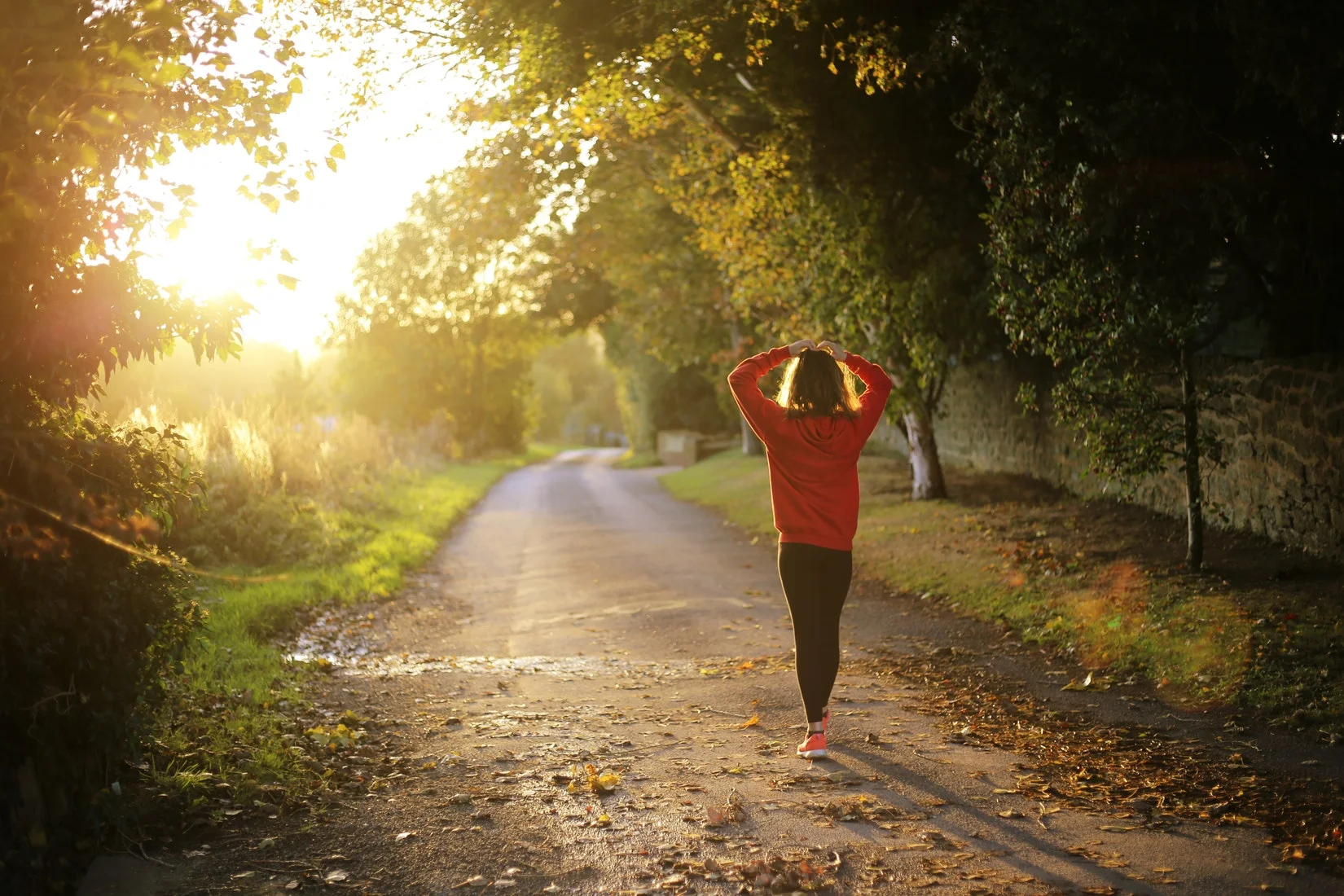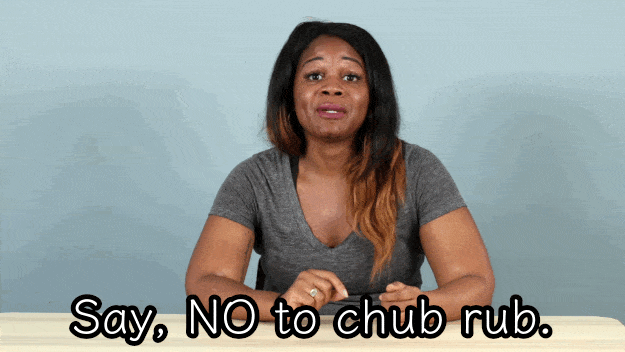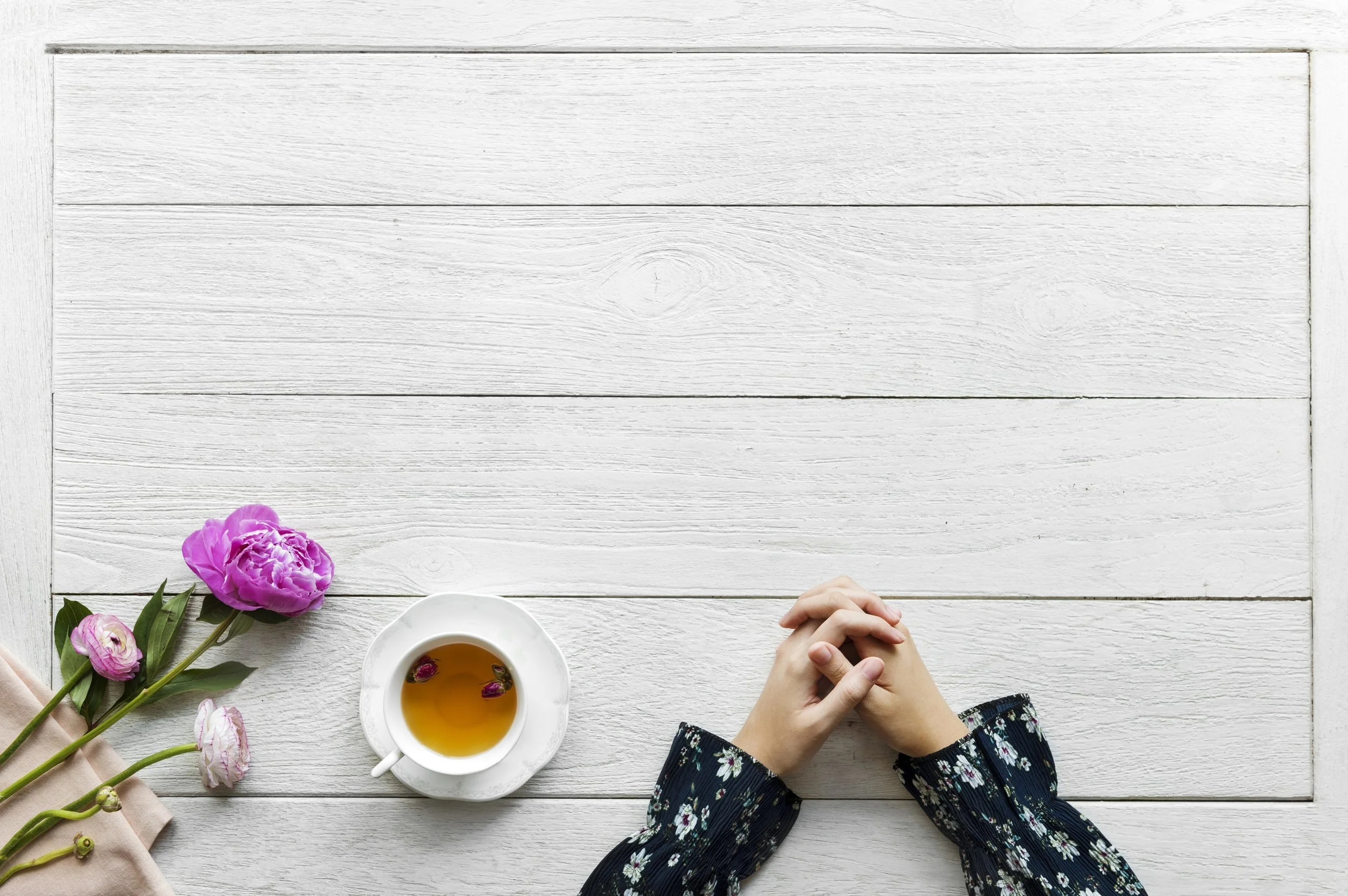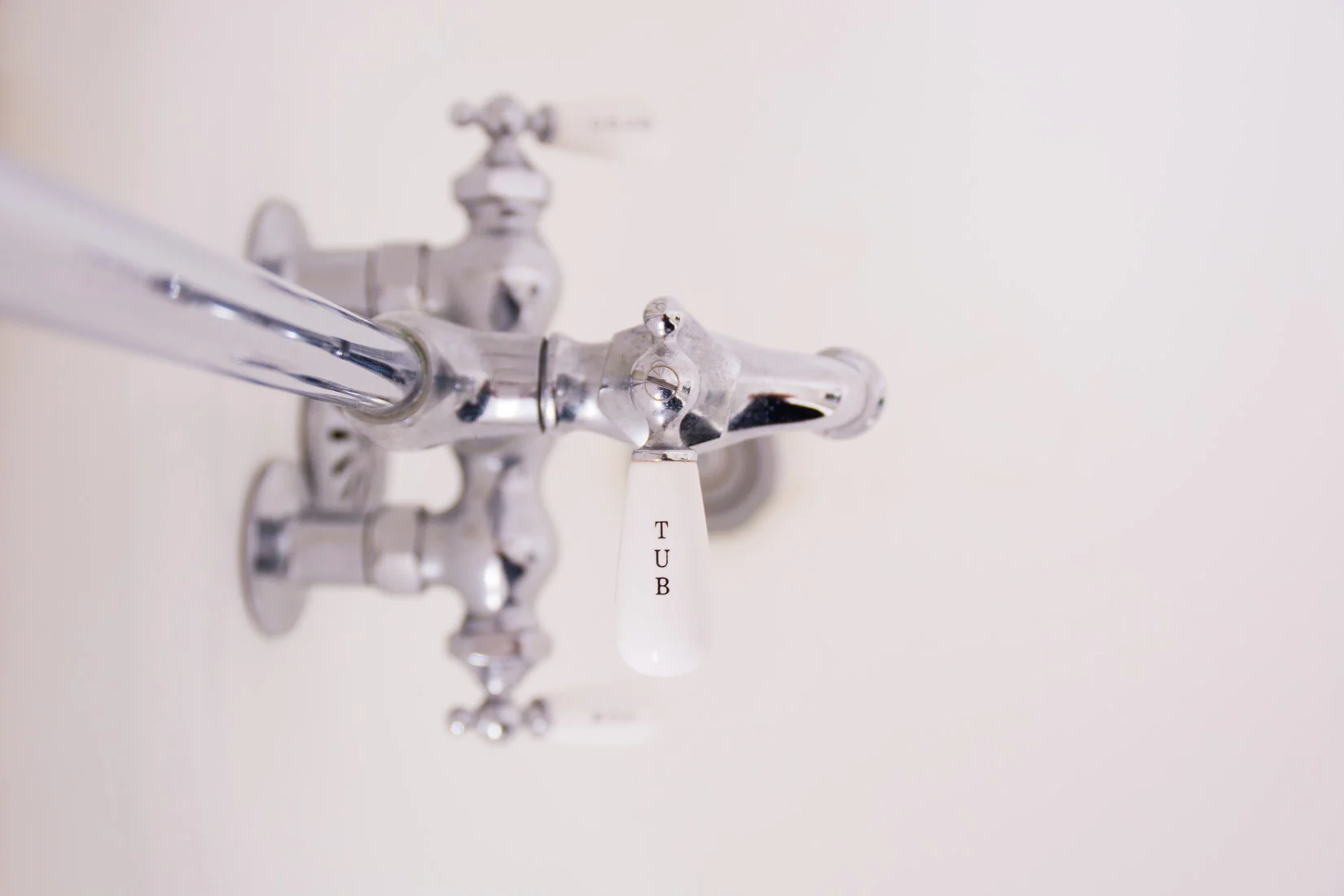Here's How To Not Get Burnt To A Crisp In The UK Heatwave
When it comes to summer, everyone’s keen to get a good tan. And I wouldn’t say that’s a bad thing – we all want that sun-kissed look – but while you’re at it, pay attention to a tan’s partner in crime: sunburn.
Sunburn can be one of the worst things about summer. As a sensitive, pale-skinned girl, I’ve had my fair share of the stuff. You see the rarity of a decent summer day as a chance to get your legs out, rather than prioritising your skin. But actually, what people need to realise is that your skin is under threat much more than the rest of your body when the sunshine’s out. It’s not just a nuisance. It’s not just a case of feeling uncomfortable, looking overly red and needing some after sun. Sunburn can be pretty serious stuff — and we should be taking it seriously.
“I always burn and then it just turns into a tan,” is a common statement from girls my age. They may have a point – once the agony of sunburn is out of the way, your body possesses a golden, godly glow. But look at it from another perspective: the sun – a giant ball of hot plasma, over 100 million kilometres away – is strong enough to cook your skin, while you sunbathe in your garden, or enjoy some booze in your nearest beer garden. Yes, we have to make the most of our intermittent summer here in the UK, but we also need to make the most of our skin.
It never hurt anyone to slap on some sunscreen before going outside. It never hurt anyone to think, Hey, you know what? All the girls might be saying they can’t be bothered to wear any sun protection, because it will slow down the tanning process, but you know what? I’m not really a fan of skin cancer.
There seems to be some sort of stigma around sunscreen. I remember playing rounders at school, and all the ‘popular’ kids took the piss out of those willing to apply sunscreen. “Didn’t realise you loved Casper the ghost,” one sniggered, adamant that a pale body would be the worst possible thing for her social status. It’s worth remembering that 95% of melanoma and 99% of non-melanoma skin cancers are caused by too much UV radiation, either from the sun or similar sources, like sunbeds. Doesn’t sound too glamourous now, right?
Skin, or skin colour, is not a trend, despite what society tries to tell you, and here at The Unedit, we're fed up of skin being considered a fleeting trend. But nevertheless, when it comes to this time of year, you might just like the look of your sun-kissed body — that might be what makes you feel that bit more confident. So rather than trying to scare you all into oblivion and try to convince you to stay out of the rays' way, I’d like to remind you all how to enjoy the sun, but not at the cost of your skin. And all you need is a bottle of sunscreen.
When it comes to the sun, you need to know about UVA and UVB rays.
UVA rays account for up to 95% of UV radiation reaching the earth’s surface. They’re pretty powerful, being able to penetrate glass and even some clothing. They damage cells beneath your skin, contributing to wrinkling, skin ageing, and cancer. To reduce your exposure to UVA rays, look at the star rating of your bottle of sunscreen. Rated out of five, the more stars, the more protection you’ll get. If you see the words UVA in a circle, this also tells you that your sunscreen meets the EU standard.
Now let’s talk about UVB rays — these are the prime source of your reddened, sore skin. Unlike UVA, UVB rays can vary in strength throughout the year. Summer time is when you really need to be taking them seriously. While they don’t penetrate as deeply as UVA rays, they are more frequently blamed for skin cancer, as they constantly damage your top layers of skin. To avoid this, pay attention to the SPF (sun protection factor) of your sunscreen. The number is a guideline for how long you can rely on the product for – a sunscreen with an SPF of 30, for example, will wear off within half an hour.
Of course, there are other details to consider. Is your sunscreen in date? Are you slathering on a substantial amount? Have you been in water? The cooling effect of water can fool you into thinking you’re not getting burned, while water reflects UV rays, increasing your exposure. Also, the higher up you are, the more prone you are to burning. You may feel warmer sunbathing on the beach, but your body’s frying faster half way up a mountain. Frequent reapplication is key.
If you have a darker complexion and you're reading this, thinking that the rules don't apply to you — I hate to break it to you, but they do.
People of colour, contrary to many opinions, can get sunburn and skin cancer. Sunburn is often a topic ignored when discussing correct skincare for POCs, merely because it doesn't present itself in the same pinky-red 'ouch' kind of way. Sun-damaged skin manifests itself in people of colour differently to the fine lines and wrinkles that white folk would develop over time, more specifically in the form of dark spots known as patchy dyspigmentation. If that's not enough to make you think that you need to look after your skin, here's a final sucker punch: more African Americans, Asians and Latinxs die from melonoma than white Americans because it's so often left undiagnosed until it's too late.
Another thing for people of colour to consider when buying sunscreen is how white creams can leave darker skin looking purple or grey in colour. Formulas containing zinc or titanium dioxide in micronised form will be better because they'll work better into your skin, and won't leave that unwanted residue.
Don’t get me wrong, I know how much you want that lovely, tanned bod. But you can still get a bit of colour while wearing sunscreen – you’re just acting responsibly and protecting yourself along the way. If you begrudge the thought of sunscreen so much, see it as your summer self care mission. Besides, those of you like me may grimace at your paler skin, but you know what else will make you roll your eyes? That horribly burned, blistering, lobster-like skin, after a careless afternoon in the blazing heat.
Don’t say I didn’t tell you so!








